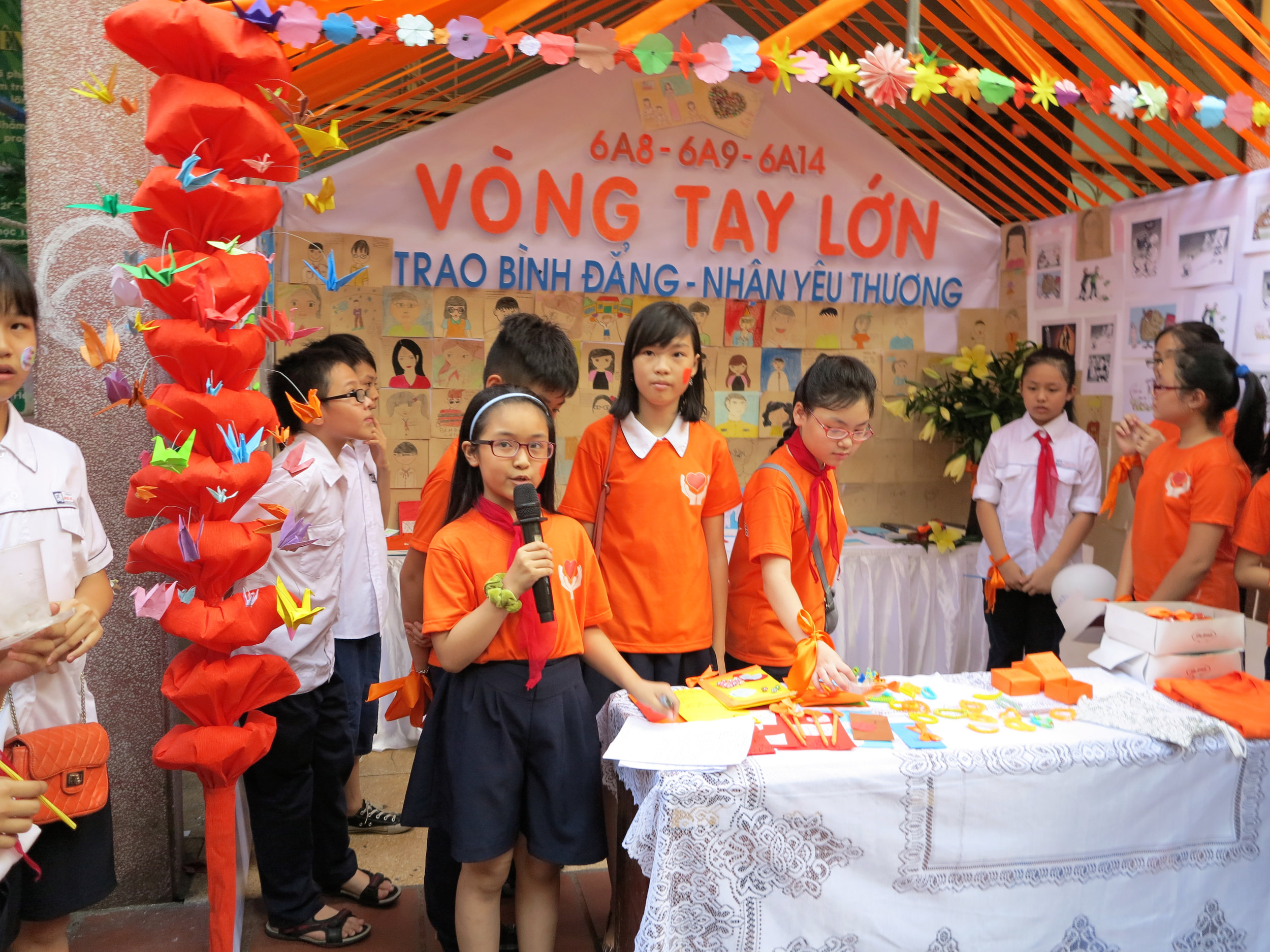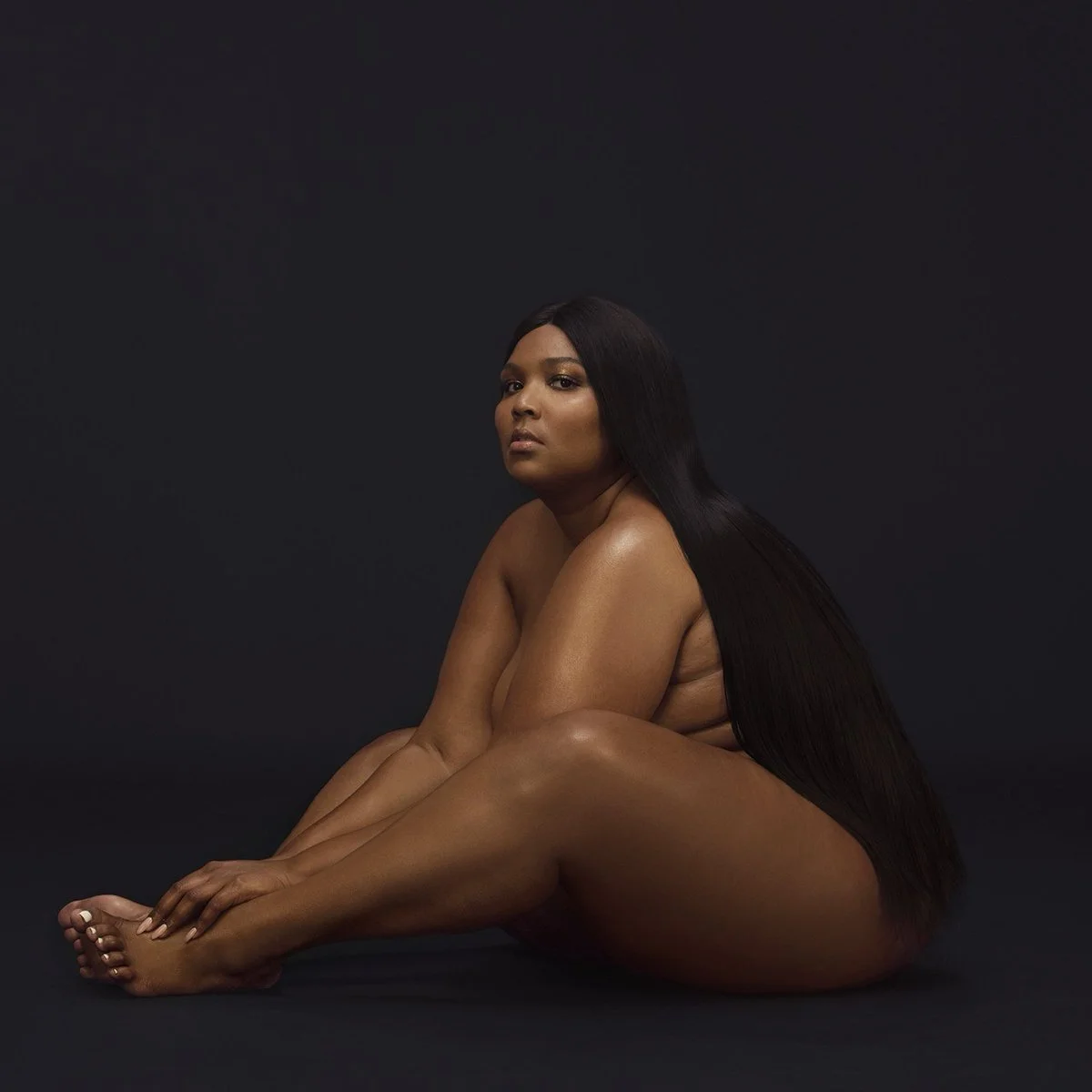Interview with Adina Wolf from UN Trust Fund to End Violence against Women
Inteviewed by Reemé Idris
Photos by Amanda Stosz and provided by UN Trust Fund to End Violence against Women
Photo: Courtesy of Karin Schrembrucker/GRS. SKILLZ. Coach Sonwabise (Sony) Dick celebrates with Grassroot Soccer SKILLZ Street graduate and volunteer, 15-year-old Yamkela Nqweniso, after a successful afternoon of SKILLZ HIV-awareness activities with female SKILLZ participants in Khayelitsha, South Africa's fastest growing township.
The UN Trust Fund to End Violence against Women (UN Trust Fund) awards grants to initiatives that demonstrate that violence against women and girls can be systematically addressed, reduced and, with persistence, eliminated. Since its creation in 1996, the UN Trust Fund has awarded $129 million USD to 463 initiatives in 139 countries and territories.
Completely inspired, we partnered with the UN Trust Fund in 2014 to support their outreach within the fashion industry to raise funds and awareness. In an age where social media fosters social movement, we (The Generalists--Reeme Idris and Zapher Idris, a sibling duo who provide marketing and production services for fashion labels and agencies, retail landowners and consumer brands) developed a website to showcase supporters and products that contribute to the Fund, as well as collaborating with friends for a private sector steering group and an International Women’s Day panel discussion on women’s economic empowerment. I’ve witnessed the incredible energy of the Fund’s secretariat team and wanted to learn more about what propels External Relations and Advocacy Analyst, Adina Wolf.
Adina Wolf from UN Trust Fund to End Violence Against Women. Photo: Amanda Stosz
When did you join the United Nations Trust Fund (UN Trust Fund) to End Violence against Women team?
I joined the UN Trust Fund in June 2014 and it is a privilege and honour to work in a team that empowers women and is comprised of professionals that work tirelessly each day to promote gender equality. So far in my career, I’ve worked to advocate for increased funding and awareness for causes I truly believe need more attention and resources. I studied Public Policy in graduate school and throughout my education I engaged in internships and studied to work in the public sector. It’s empowering and rewarding to engage in this level of work, knowing that I have a responsibility to women and girls around the world.
How did you get started?
I started working for UN Women, which manages the UN Trust Fund on behalf of the UN System, in 2009 as an intern. I’ve worked in several positions through my career so far in both UN Women and with other NGOs (not-for-profit organizations) all the while focusing on communications, advocacy, and fundraising to advance women’s rights, end violence against women, and in general raise funds for causes that I support.
The UN Trust Fund to End Violence against Women represents the UN system - can you explain how?
The UN Trust Fund is a very unique and special team in the United Nations system. Twenty years ago, the UN General Assembly created the UN Trust Fund as a result of the 4th World Conference on Women (the same conference where Hillary Clinton declared “Women’s Rights are Human Rights”). One of the outcomes of the conference was to inject a greater global determination to end violence against women around the world. That’s right where the UN Trust Fund fits in. The UN Trust Fund gives grants to NGOs and Governments to run projects that prevent and end violence against women and girls. We represent efforts of the UN system and its member states to fulfill this promise made to women and girls.
How do the UN Trust Fund grantees end violence against women?
The UN Trust Fund gives grants through a rigorous and transparent annual process to projects dedicated to prevent and end violence against women and girls. Projects work broadly under three categories – to prevent violence, strengthen services for survivors of violence, and improve the implementation of national laws and policies to end violence against women and girls. These projects focus on the needs of their communities. For instance, UN Trust Fund grantees work to end violence against women in all its forms; which means projects can run the gamut from funding the only shelter for women survivors of violence in Tajikistan, enable a local organization in Nicaragua to start a radio station that has programming on women’s rights and violence against women, and implement a programme in schools in Viet Nam to prevent violence against girls and keep them safe in schools.
Of the many grantees the UN Trust Fund supports, are there any that have stood out to you personally?
The grantees we support are truly inspiring and work tirelessly to make life better for so many people. Inspiring doesn’t even begin to describe the energy, time and tireless work that our grantees dedicate to make sure that women and girls live free from violence. One project that always comes to mind is a programme that I was lucky enough to visit in Istanbul that works with fathers to create nonviolent families. This project works with men and boys to create sustainable change.
It sounds like a deeply impactful way to encourage and include men in challenging the status quo.
I heard from men who said that their children used to be afraid of them because of their actions and attitudes in their home. One man told me that before he attended this course, he didn’t know if and when he might be displaying violence or intimidating behaviour, be it verbal or otherwise. Through the course held in conjunction with a parenting class through their children’s school, this father was able to recognize these behaviors and make changes. The man then told me about how his daughter now chooses to spend time with him and about his hopes and dreams for his daughter’s future. This type of change is happening around the world in communities, schools, and health centers because of our grantees. You can read more about this particular project here.
"UN Trust Fund grantees work to end violence against women in all its forms; which means projects can run the gamut from funding the only shelter for women survivors of violence in Tajikistan, enable a local organization in Nicaragua to start a radio station that has programming on women’s rights and violence against women, and implement a programme in schools in Viet Nam to prevent violence against girls and keep them safe in schools."
Students in Le Loi secondary school participate in an activity to learn about the Gender Responsive School Model Project. Grantee: Plan Viet Nam. Photo: Trinh Thi An Binh
Do you have a typical day? What recurs in your role?
My days are fairly varied, but with some consistency throughout. I focus on collecting stories and evidence from our grantees and pull out case studies, statistics, and results that will be informative and insightful to our supporters and donors. On a typical day, I’m writing and editing stories for our website that focus on specific achievements of grantees (you can read them here: untf.unwomen.org), manning our UN Trust Fund social media accounts, coordinating and collecting data from grantee projects for reports that we submit through the year, and communicating with various partners on projects that raise awareness and resources for the UN Trust Fund. A few times a year, I also have the incredible honour to visit some of the projects that are funded by the UN Trust Fund and see the results that the funds raised and projects funded have on the lives of women and girls around the world.
Can you share some insight to forging relationships between the public and private sectors?
The private sector has been a new, but exciting area for the UN Trust Fund to partner and create relationships. The UN Trust Fund is primarily supported by UN member states as its largest source of funding. However, to have a diverse range of audiences and contributors, the UN Trust Fund has created a number of unique and innovative partnerships with private sector businesses to diversify its resources and create space for advocacy about the issue. The Fund has forged interesting partners with small women-owned jewelry companies, for example. A few of these partnerships create jobs for women artisans and donate proceeds to benefit UN Trust Fund supported projects. These partnerships are beneficial on myriad levels and the customer purchasing the item can know they are contributing to a world that is free from violence against women.
You’ve been involved with the Orange Label since its inception, tell us more.
The UN Trust Fund partnered with the London College of Fashion to design the Orange Label, which will soon adorn a variety of garments and goods globally. The Orange Label is a unique cause-marketing initiative of the UN Trust Fund and will raise awareness about the issue and help resource the local and national programmes supported by the Fund. It will engage companies to contribute funds to support the UN Trust Fund by aligning their brand or a product and commit funds to end violence against.
Including those in the fashion industry?
LCF, as our partner, initiated a competition for fashion and design students worldwide. This competition culminated in the winners of the “Fashion Says NO” competition, which you can see here. In 2017, companies small and large will be able to show their commitment to ending violence against women through participating in the Orange Label. Stay tuned for more!
Have you discovered any particular challenges within cause marketing?
People have so many places to donate their money to support truly worthy causes. To capture a greater subset of people and engage with companies that will take on the message of ending violence against women takes strong partnerships and advocacy. Connecting with partners and building relationships takes time, but in the end they lead to long term partnerships that engage new audiences to prevent and end violence against women and girls and that’s pretty fantastic to see come to fruition.
I expect many readers are looking for tangible ways to contribute after learning more about this work. How can they get involved?
The UN Trust Fund relies on concerned individuals around the world to help spread awareness and raise resources to prevent and end violence against women and girls. Donating just $12 to the UN Trust Fund allows our grantees to reach one more woman or girl to bring this human rights pandemic to an end. People can help us reach more women and girls around the world in very tangible ways. They can also share our stories of change through social media on Facebook and Twitter. In addition, businesses big and small can soon contribute in advocating for an end to violence against women by partnering with us through the Orange Label. Please feel free to reach out to me for more details about how your company can get involved and partner with the UN Trust Fund under the Orange Label.
*The views expressed are those of the author and do not necessarily represent the views of UN Women, the United Nations or any of its affiliated organization












